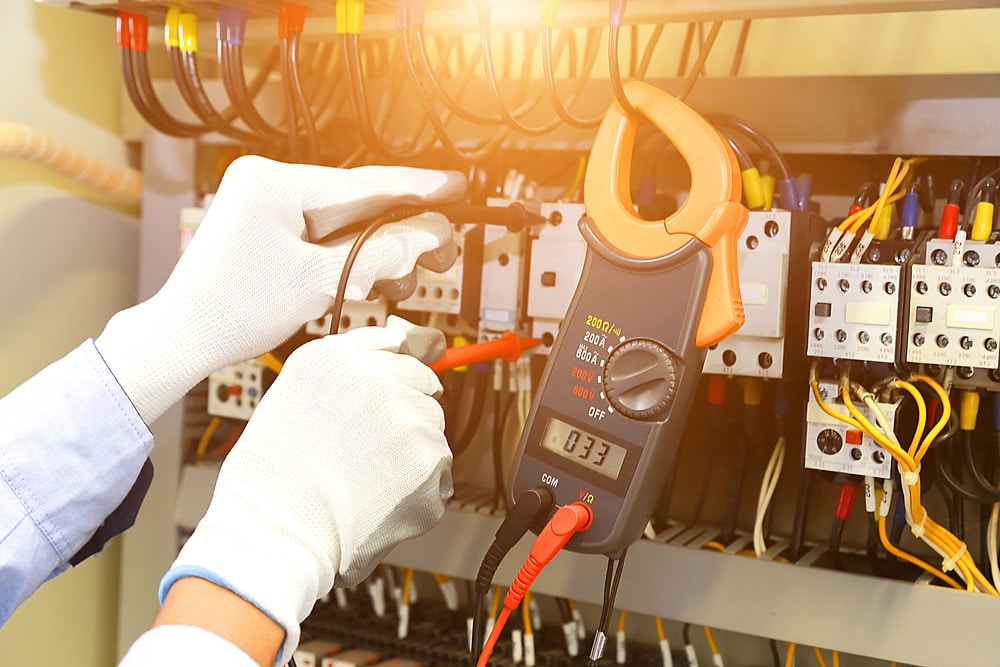
Though dealing with low-voltage wiring is certainly not as dangerous as dealing with a 220 junction or your breaker box, your electrician still wants you to take precautions when handling any type of electrical chore. By following best practices with all types of wiring, you can ensure your safety and the safety of your structure.
When dealing with low-voltage cabling, your electrician warns you to be wary of secondary shock hazards. For instance, while a shock from a low-voltage wire isn’t fatal, it can cause surprise. If you experience said surprise when standing at the top of a ladder, on a step stool or atop of a roof, you risk falling.
You should also take the time to ensure that each connection is secure. A poorly secured connection can cause sparks that may ignite nearby combustible materials.
